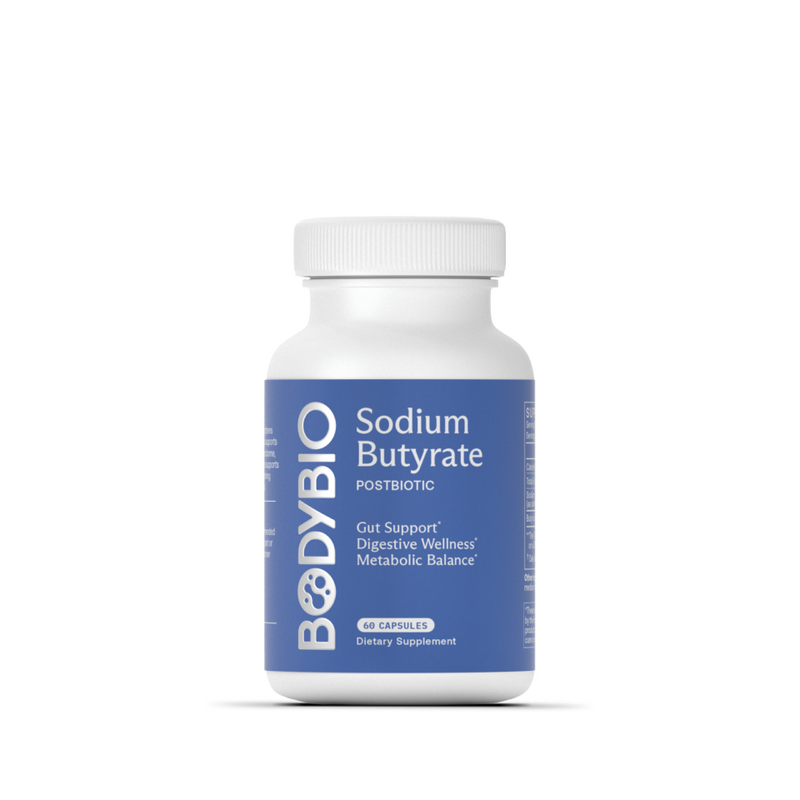How to Drink for Your Gut Microbiome: The Effects of Alcohol on the Digestive System
Key Takeaways:
Key Points:
- The microbiome is a key component when it comes to the digestion and absorption of alcoholic drinks. Since alcohol can kill off your healthy bacteria, taking steps to protect your gut health is essential when consuming a beverage.
- Alcohol affects your cells in almost the same way it affects you. Your cells may experience a sense of sleepiness or become less alert when under the influence. Over time, mitochondria damage can occur, too.
- Apply a few safe drinking habits to ensure your microbiome and cellular health remains intact when you’re enjoying your favorite cocktail. And of course, exercise moderation. (Is that extra drink ever worth the hangover the next day?)
Champagne to celebrate the bride and groom, wine for a fancy Italian date night, and beer for the Sunday night game. We often take it for granted in various situations, for good reason. Alcohol is a common language across the globe and the consumption of it dates back for centuries.
But beyond calorie counting and basic responsible drinking habits, most people don’t think about how wine and other alcoholic drinks affect their health. But alcohol can actually have a severely negative impact on the gut if not consumed with care.
Let’s explore the connection between the gut, the brain, and alcohol.
Table of Contents:
- How Alcohol Can Damage the Digestive System
- How Alcohol Affects Your Cells
- Alcohol and the Gut Microbiome
- Can You Drink Alcohol While Using Probiotics?
- How to Restore Your Gut After Drinking
- Best Alcohol for Gut Health
- Enhance Your Gut Health with BodyBio
How Alcohol Can Damage the Digestive System
Is alcohol definitively bad for your gut health? The answer is: maybe. It truly depends on the person. Actually, how you handle alcohol is a good indication of the state of your gut microbiome.
To truly understand alcohol’s effect on the gut, you have to know how it metabolizes in the body. Your microbiome plays an essential role in the digestion of alcoholic drinks — which is why you might handle your liquor better than a friend or vice versa.
Next time you go out drinking, pay attention to how your body feels after one or two drinks, and the next day. This could offer a window into the state of your gut health.
If you feel off (fatigue, brain fog, anxious or irritable) or downright crummy post-drinking, your gut probably doesn’t handle alcohol very well. If you feel fine, you have a pretty robust microbiome that can handle a drink or two. Of course, most people will feel the negative side effects of drinking anywhere over that amount regardless.
Of course, the long term effects of consistent alcohol consumption are a totally different ballgame. An occasional celebratory beverage or two is one thing. However, regular and irresponsible drinking can damage the gut lining over time — leaking food particles into your bloodstream and causing long-term inflammation (the technical name for this is “leaky gut”).
Does Alcohol Damage the Stomach?
Moderation is key when it comes to alcoholic drinks. Heavy consumption disrupts your normal eating schedule and digestion process, which could lead to diarrhea, constipation, and cramps.
It can also kill off your healthy gut bacteria and cause a condition called gastritis, where the stomach lining becomes inflamed and begins to wear away. So yes, too much alcohol can definitely cause damage to your stomach.
Liver and Large Intestine Damage
When we think of alcohol damage, we most often consider the liver. The liver is the body’s main detoxification system — and too many toxins can shut down the process, wreaking havoc on the cells and immune system.
But did you know that alcohol can wear down on your microbiome, enter the bloodstream, and cause free radical damage to your internal organs? One major organ at risk is your large intestine. Over time, tissue damage and chronic inflammation may occur, increasing the risk of bloating, gas, cramping, and even some forms of cancer.Bishehsari, F., Magno, E., Swanson, G., Desai, V., Voigt, R. M., Forsyth, C. B., & Keshavarzian, A. (2017). Alcohol and Gut-Derived Inflammation. Alcohol research : current reviews, 38(2), 163–171.
Koop D. R. (2006). Alcohol metabolism's damaging effects on the cell: a focus on reactive oxygen generation by the enzyme cytochrome P450 2E1. Alcohol research & health : the journal of the National Institute on Alcohol Abuse and Alcoholism, 29(4), 274–280.
Manzo-Avalos, S., & Saavedra-Molina, A. (2010). Cellular and mitochondrial effects of alcohol consumption. International journal of environmental research and public health, 7(12), 4281–4304. https://doi.org/10.3390/ijerph7124281
Snopek, L., Mlcek, J., Sochorova, L., Baron, M., Hlavacova, I., Jurikova, T., Kizek, R., Sedlackova, E., & Sochor, J. (2018). Contribution of Red Wine Consumption to Human Health Protection. Molecules (Basel, Switzerland), 23(7), 1684. https://doi.org/10.3390/molecules23071684
Purohit, V., Bode, J. C., Bode, C., Brenner, D. A., Choudhry, M. A., Hamilton, F., Kang, Y. J., Keshavarzian, A., Rao, R., Sartor, R. B., Swanson, C., & Turner, J. R. (2008). Alcohol, intestinal bacterial growth, intestinal permeability to endotoxin, and medical consequences: summary of a symposium. Alcohol (Fayetteville, N.Y.), 42(5), 349–361. https://doi.org/10.1016/j.alcohol.2008.03.131




